BBC Studios head of science unit Andrew Cohen describes three decades of friendship with the outstanding producer-turned-presenter
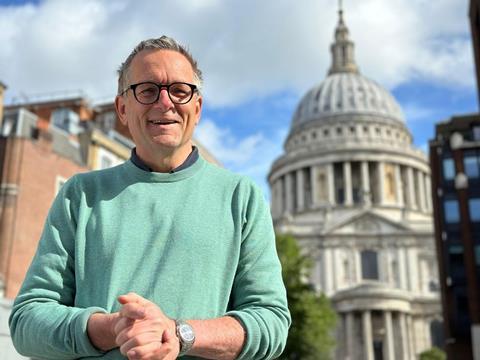
Energy. That is the one word I would use to describe the experience of working with Michael Mosley for almost 30 years. He had the most extraordinary energy. An endless, restless, effervescent energy, to find out the very latest research, to connect with an audience, to help out a colleague, to support a career.
To be in a room with him was to be sucked into that dynamism, infected with his contagious enthusiasm to live every aspect of life to the full. This elusive creative energy is the life blood of our industry. It is impossible to define and yet impossible to miss when it comes in the most concentrated, pure form that ran through every fibre of Michael’s being.
I first met him in 1995 when he was bouncing (quite literally) around the BBC Science Unit, in its home in Ken House. For all the big characters around at that time, it didn’t take long to realise that Michael Mosley was the one who shone brightest. He had already changed the world with his 1994 Horizon - Ulcer Wars, which not only helped transform medical practice but also laid the seed in his mind of the power of self-experimentation.
He put that thought carefully away in a top drawer, only to return to it as a presenter many years later. It was a classic example of Michael’s unique ability to learn something, absorb it, play with it, and then make it his own, before unleashing it on a receptive and enormous audience.
This was ultimately his super-power. All of that energy, curiosity and hard work (Michael always worked very hard, just ask any one of his team) was channelled into an end product that nearly always hit the audience sweet spot. He was an absolute master of delivering popular content, not an easy thing when your source material is complex science. Much easier to inform and educate than entertain.
But Michael was a natural born entertainer, so whatever he touched turned to audience gold. From his time as editor of BBC1’s QED, to the blockbuster (and genre-busting) series of films he executive produced through the 2000s:The Human Face, Pompeii – The Last Days, Supervolcano, Krakatoa. Whilst most of us were steadfastly ‘BBC2, Michael was bouncing from one massive success to another on BBC1.
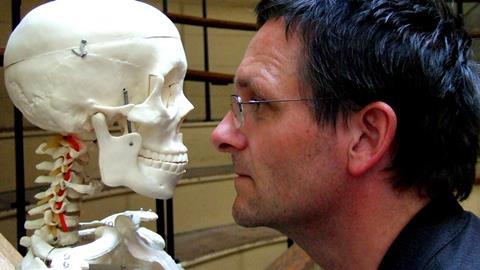
And then, as if by magic, Michael Mosley the presenter was born. In 2007, whilst developing a series about medical mavericks for the still juvenile BBC4 (note - idea kept safely in top drawer) no obvious presenter could be found.
“I’ll do it,” he said. Cue laughter. ”No, I’d really like to do it.” And so, in that moment, all that energy that had lay bubbling behind the screen bounced into public view. The rest as they say is broadcasting history, a long line of TV hits, best-selling books and #1 podcasts.
I won’t list all the titles here because you know them all, they were all touched by that MM energy and so all a massive success.
And yet for all of that success there is perhaps an even greater legacy Michael leaves to our industry. Not just the fact that he touched millions of lives in the most modest of ways, achieving what so many journalists and broadcasters dream of, to make a positive difference. He changed the way we see ourselves, our health and our wellbeing. That’s his public legacy and one that I have no doubt will live on for years to come.
But for us in BBC Science, for the people that worked with him, grew up with him, were lucky enough to call him a friend and a colleague, it’s Michael’s kindness and support that will resonate long into the future.
When we gathered on Monday, still in shock from the desperately sad news - and so concerned for Clare and the family, who so many of us grew to know - it was with a smile and a tear that we heard from so many people, whose careers had been supported, nurtured, encouraged by Michael: “‘He gave me my first directing gig”’, “helped me when I lost my confidence”, “got me out of a hole”.
But Michael’s comradeship went far beyond that. He was our ‘family’ doctor, often supporting us, caring for us, even saving one of our lives in the office.
I’m sure I speak for many in our industry when I say he was one of a kind. He was never too busy to help, never too pompous to lend a hand.
We will miss him desperately: his laugh, his naughtiness, his energy.
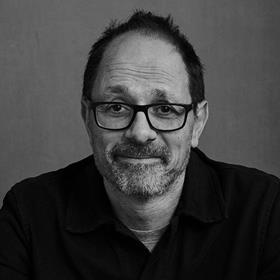
- Andrew Cohen is head of the BBC Studios Science Unit with teams based in London and Glasgow. He has won numerous awards including Emmy, BAFTA, Grierson Awards, RTS, Broadcasting Press Guild, Peabody and BANFF.




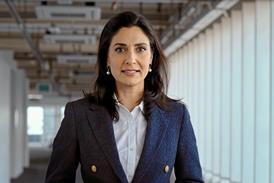



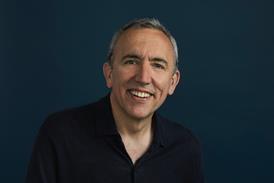
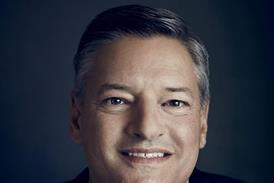





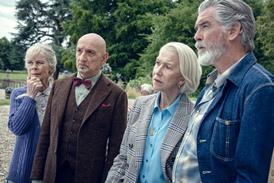




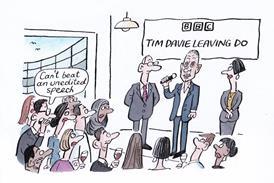
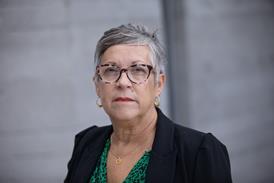
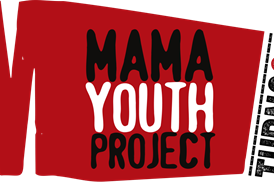






No comments yet